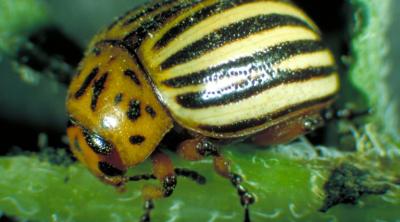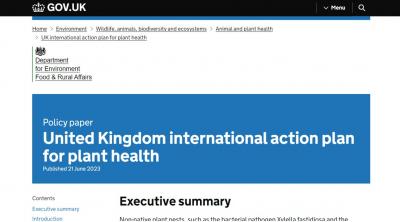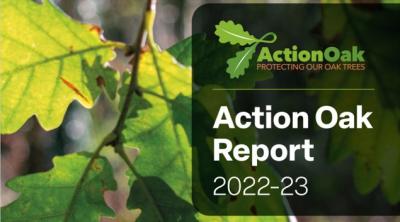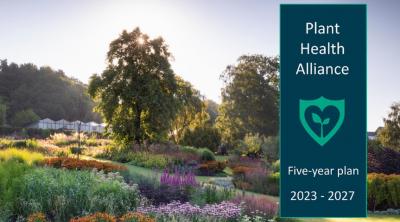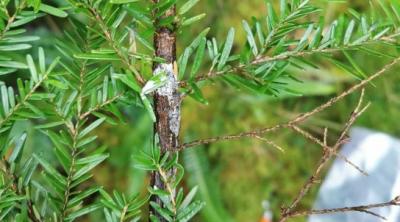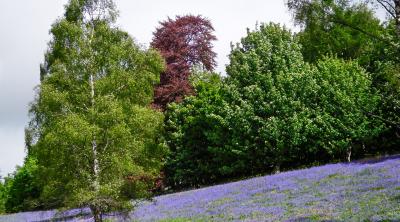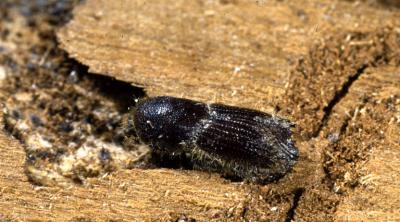News
Border Target Operating Model launched
The UK Government has published a new Border Target Operating Model (29th August 2023), setting out new controls to create a world-class border system based on smarter use of data and technology. The model has been developed in collaboration with the Scottish and Welsh Governments to implement a coherent approach.
Colorado potato beetle larvae confirmed in Kent
Defra and the Animal and Plant Health Agency (APHA) on the 11th of July 2023 confirmed the identification of Colorado potato beetle (Leptinotarsa decemlineata) in a field in Kent.
APHA are working closely with the affected grower to eradicate the pest from the site, including performing a 1km survey to determine whether there are further cases beyond the immediately infested area.
APHA are working closely with the affected grower to eradicate the pest from the site, including performing a 1km survey to determine whether there are further cases beyond the immediately infested area.
UK International Action Plan for Plant health Published
The Department for Environment, Food and Rural Affairs has just published a policy paper: United Kingdom international action plan for plant health, developed by the UK Plant Health Service.
Action Oak Annual Report 22-23 Published
Action Oak has published it's 22-23 Annual Report (link to the report in the news article).
We are hiring! Plant Health Communications Officer
We are hiring a Plant Health Communications Officer (through Royal Botanic Gardens Edinburgh) to help coordinate our Knowledge Exchange and Impact activities. Role is part time, with hybrid working as an option. Deadline of 15th May. https://www.jobs.ac.uk/job/CZL566/plant-health-communications-officer
UK Government publishes draft Border Target Operating Model (BTOM)
A new draft of the Border Target Operating Model (BTOM) has been published by the UK Government, along with an online survey for feedback.
Plant Health Alliance launch 5-year plan
The Plant Health Alliance (owner of the freely-available Plant Health Management Standard and the Governing Body of the Plant Healthy Certification Scheme) released their 5-year plan to coincide with the Plant biosecurity strategy for Great Britain (2023 to 2028) launch.
Phytophthora pluvialis update: Restrictions on felling and timber movement to be lifted following disease risk assessment
Restrictions on the felling and movement of timber from demarcated areas in Scotland affected by the tree disease Phytophthora pluvialis will be lifted as of 24th January 2023.
This move follows research which showed that the risk of the disease spreading via timber material is low.
This move follows research which showed that the risk of the disease spreading via timber material is low.
New biosecurity strategy to protect food security, trade and plant health
The new Great Britain-wide strategy sets out five-year vision for plant health and biosecurity. Actions include increased e-commerce monitoring and strengthening outbreak response capabilities
Ips cembrae bark beetle intercepted in west of Scotland
A small number of Ips cembrae bark beetles have been intercepted in the west of Scotland conifer bark beetle Pest Free Area. Ground surveys have not detected any breeding populations, but a temporary cessation of movement of larch to Northern Ireland and the Republic of Ireland has been put in place until further surveillance is completed.


